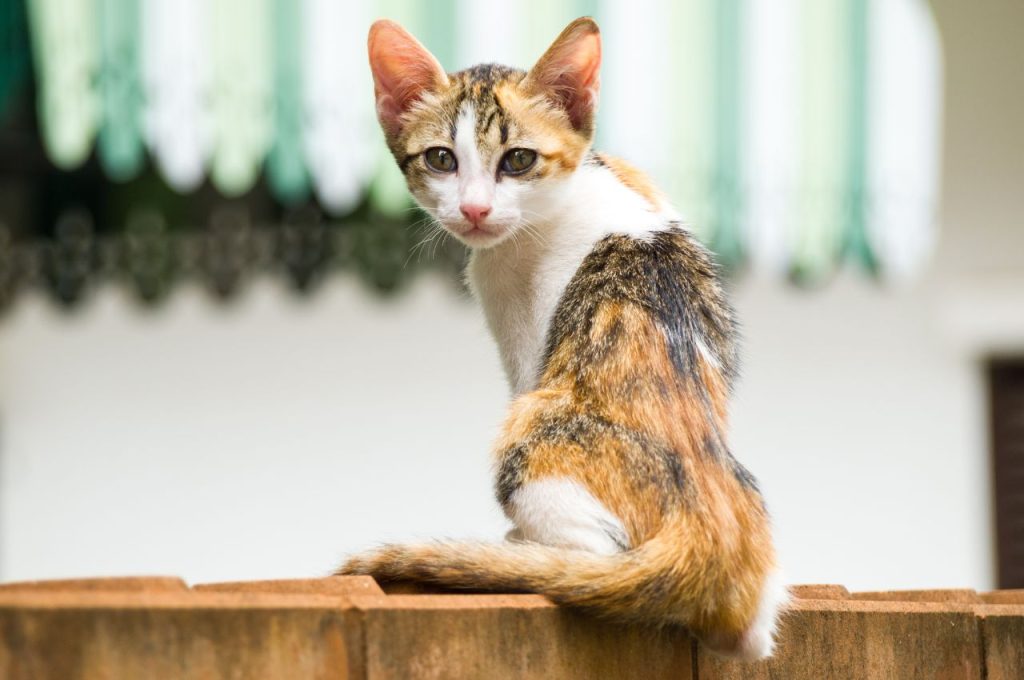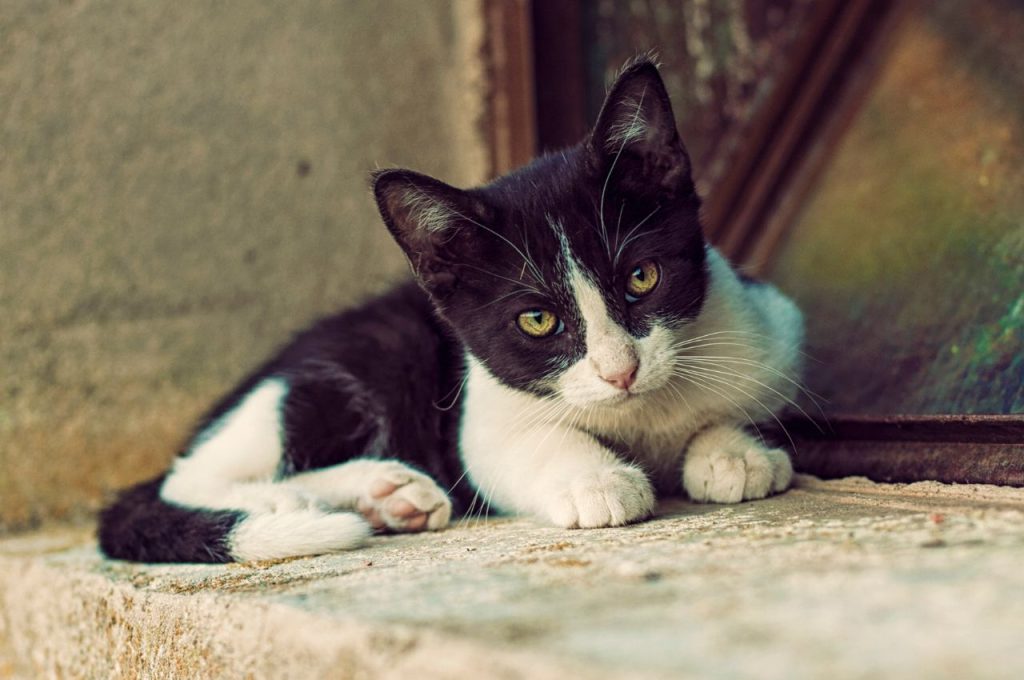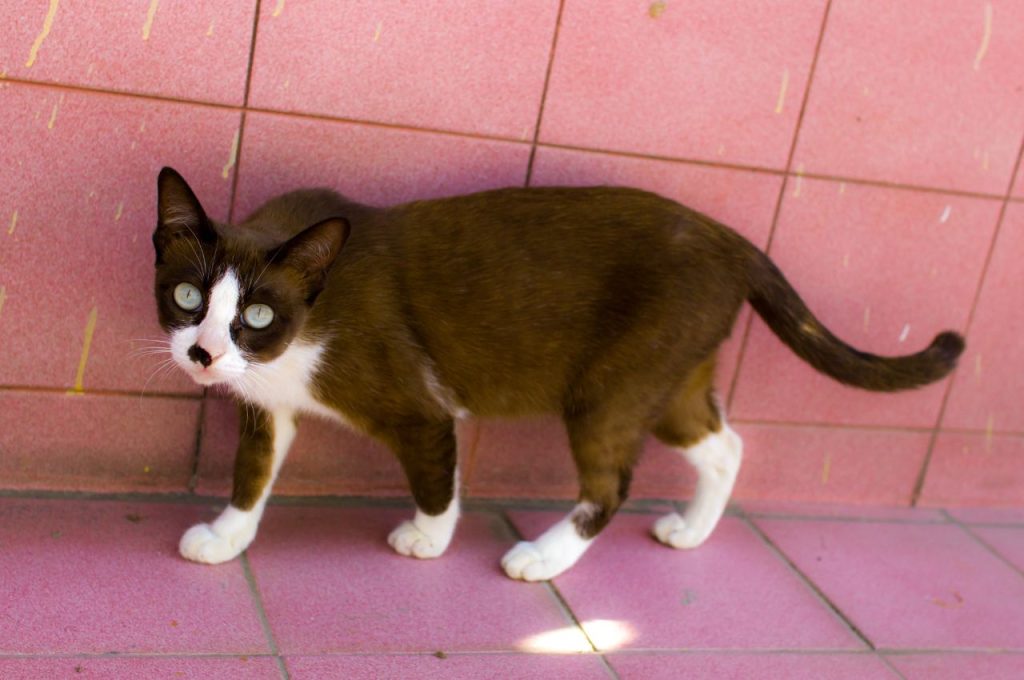To help a cat gain weight, try offering high-calorie, nutrient-dense foods in smaller, more frequent meals throughout the day. Additionally, consult with a veterinarian to rule out any underlying health issues that may be causing weight loss.
Caring for an underweight cat can be concerning for pet owners. Whether it’s due to illness, stress, or other factors, a cat’s weight loss can be detrimental to their overall well-being. Providing proper nutrition and support is crucial to helping your feline friend regain weight and restore their vitality.
We will explore various strategies and tips to help your cat gain weight healthily and sustainably. By following these guidelines and working in collaboration with your veterinarian, you can improve your cat’s appetite and nutrition, ultimately promoting weight gain and ensuring their overall health and happiness.
Understanding The Importance of A Healthy Weight for Cats
Just like humans, maintaining a healthy weight is crucial for cats. However, while we often associate weight management with losing excess pounds, in the case of cats, the focus can be on gaining weight. A healthy weight not only ensures a sleek and flourishing appearance but also plays a significant role in a cat’s overall well-being. This section will delve into the ideal weight for cats, the dangers of being underweight, and common causes of weight loss, providing a comprehensive understanding of the importance of maintaining a healthy weight for our feline friends.

The Ideal Weight for Cats
It is essential to have a clear understanding of the ideal weight range for cats. The ideal weight can vary depending on various factors such as age, breed, and activity level. As a general guideline, adult cats typically fall within a weight range of 7 to 12 pounds (3 to 5.4 kilograms). However, it is important to remember that specific breeds may have different ideal weight ranges.
The Dangers of Being Underweight
Being underweight can pose numerous risks to a cat’s health. It may indicate underlying health issues or nutritional deficiencies that need to be addressed promptly. When a cat is underweight, their immune system can weaken, making them more vulnerable to infections and diseases. Lack of muscle mass due to being underweight can also result in reduced strength and mobility.
Moreover, underweight cats may experience a decrease in energy levels and overall lethargy, which can significantly impact their quality of life. Additionally, a lack of adequate body fat may cause the cat to have difficulty regulating body temperature, making them more prone to hypothermia. It is crucial to recognize the dangers of being underweight and take appropriate measures to help cats achieve and maintain a healthy weight.
Common Causes of Weight Loss
Several factors can contribute to weight loss in cats. Understanding these common causes can help identify and address the root of the problem efficiently. Some potential reasons for weight loss include:
- Poor Diet: Inadequate or unbalanced diet lacking essential nutrients can cause cats to lose weight.
- Dental Issues: Dental pain or discomfort can make it difficult for cats to eat, leading to weight loss.
- Parasites: Parasitic infestations such as worms can significantly impact a cat’s ability to absorb nutrients from food.
- Underlying Health Conditions: Various health conditions, including hyperthyroidism, kidney disease, or gastrointestinal disorders, can contribute to weight loss in cats.
- Stress or Anxiety: Cats experiencing stress or anxiety may lose their appetite, resulting in weight loss.
Identifying the cause of weight loss is the first step towards helping your cat regain a healthy weight. Consulting with a veterinarian can aid in determining the underlying reasons behind weight loss and developing an appropriate plan of action.
Creating A Safe and Comfortable Environment
If your cat is struggling to gain weight, creating a safe and comfortable environment is essential to help them feel relaxed and secure. Stress can decrease their appetite and make it difficult for them to put on weight. By providing them with a stress-free environment and ensuring their basic needs are met, you can help them regain their health and achieve a healthy weight.

Providing A Stress-free Environment
Cats are sensitive creatures, and any changes in their environment can cause stress. To create a stress-free environment for your cat, consider the following:
- Keep their living space calm and quiet, away from noisy areas in your home.
- Provide them with a designated spot to retreat to, such as a cozy bed or blanket.
- Ensure they have enough hiding spots and perches to feel safe and secure.
- Introduce new people or animals gradually, allowing your cat to adjust at their own pace.
Ensuring Sufficient Water Intake
Proper hydration is essential for your cat’s overall health and weight gain. Here are a few tips to ensure they are drinking enough water:
- Always provide fresh, clean water in a clean bowl. Cats prefer shallow bowls or pet fountains.
- Consider adding water to their food to increase their overall water intake.
- Ensure water sources are easily accessible throughout your home.
- If your cat prefers running water, invest in a pet fountain to encourage them to drink more.
Choosing The Right Food and Supplements
The type of food you offer your cat plays a crucial role in their weight gain. Consider the following factors when choosing their diet:
- Consult with your veterinarian to determine the appropriate caloric intake for your cat’s weight gain goals.
- Opt for high-quality, calorie-dense cat food that is rich in protein.
- Consider incorporating wet food into their diet, as it can be more enticing and provide additional hydration.
- Add supplements such as omega-3 fatty acids or probiotics, after consulting with your veterinarian, to support their overall health and weight gain.
By prioritizing your cat’s comfort, hydration, and nutritional needs, you can create an environment that promotes weight gain and overall well-being. Remember to consult with your veterinarian for personalized advice and guidance on helping your cat achieve a healthy weight.
Implementing A Weight Gain Strategy
Helping your cat gain weight can be a delicate process that requires careful planning and implementation. By following a well-thought-out weight gain strategy, you can ensure that your furry friend regains their health and vitality. In this article, we will explore three essential steps to consider when implementing a weight-gain strategy for your cat:
Consulting With A Veterinarian
Before embarking on a weight gain journey for your cat, it is crucial to consult with a veterinarian. A veterinarian can provide valuable insights into the underlying causes of your cat’s weight loss and recommend the best course of action. They will conduct a thorough examination to rule out any medical conditions that may be hindering weight gain and create a personalized plan tailored to your cat’s needs.

Establishing A Feeding Schedule
One of the key aspects of helping your cat gain weight is establishing a consistent and balanced feeding schedule. Your veterinarian may recommend specific high-calorie cat food or create a custom diet plan to meet your cat’s nutritional requirements. To ensure your cat gains weight gradually and safely, divide their daily food intake into multiple small meals throughout the day. This approach will prevent overeating and aid in proper digestion.
Encouraging Regular Exercise
Regular exercise is vital not only for weight management but also for boosting your cat’s appetite and muscle strength. Engaging your cat in play sessions or providing interactive toys will help stimulate their instincts and encourage movement. Gradually increase the intensity and duration of exercise sessions to build muscle mass and promote weight gain. However, consult with your veterinarian before implementing any exercise routine to ensure it is suitable for your cat’s health condition.
Conclusion
Helping your cat gain weight requires a tailored approach. By focusing on their diet, offering high-quality and calorie-dense foods, and ensuring they have a regular feeding schedule, you can make a significant difference. Additionally, regular veterinary check-ups and addressing any underlying medical issues are crucial.
Remember, patience and consistency are key when it comes to helping your cat reach a healthy weight. So, follow these tips and give your furry friend the support they need to thrive.
